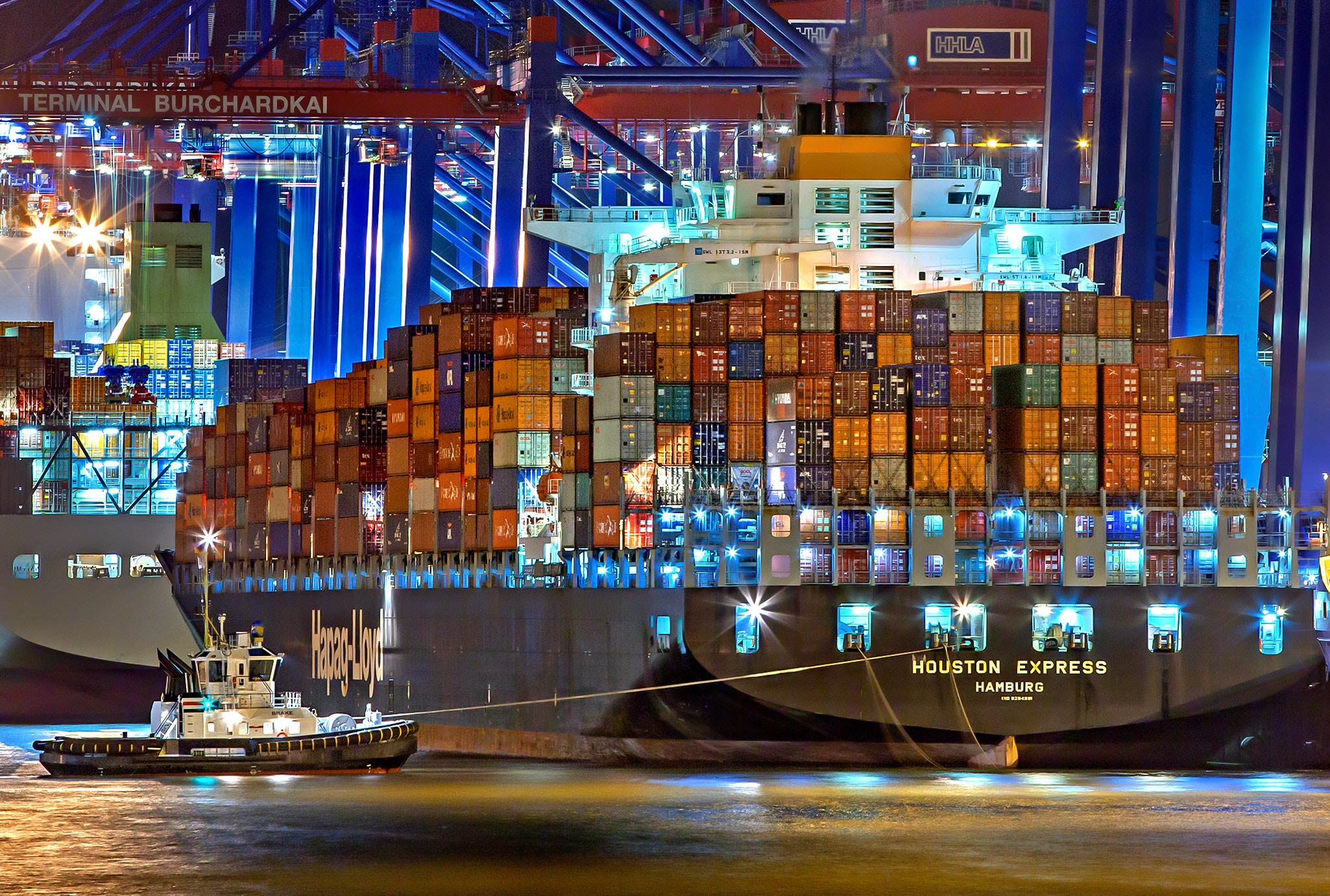Trade and cooperation agreement

United Kingdom-European union trade agreement. General features
José Luís da Cruz Vilaça | 14 January 2021 | Issue 1/2021
The trade agreement with the UK has avoided the worst-case scenario, but it is complex and contingent. It establishes freedom of trade in goods, without avoiding the increase in customs bureaucracy. It defines an equality platform, but it provides for compensatory measures (retaliatory?) in case of departure from the standards in force. There is virtually no agreement for services, negotiations must continue. There is a moratorium on fisheries until 2026, with a gradual reduction in catches in the UK UK Exclusive Economic Zone. Europeans can travel without a visa for 90 days, but there is no general agreement on mobility. In essence, the United Kingdom becomes a third country for the European Union and the rules on the application of the Treaty and conflict resolution, based on arbitration and compensatory measures, may result in a permanent negotiation and dispute procedure.
Read MoreBrexit: challenges and opportunities in the EU-UK environmental law & policy framework
Giuseppe Poderati | 11 January 2021 | Issue 1/2021
Brexit represents a meaningful change within the legal and political framework of the EU-UK relationship. The current food and water security regulations, as well as the environmental impact assessment standards, could be considered at stake. Thus considered, this paper points out Brexit not just as a mere “breakdown” in the system in order to lower the contemporary established environmental standards. Indeed, potential environmental risks posed by Brexit could be effectively mitigated by applying the principle of non-regression, and simultaneously institutions can move forward adopting greener legal instruments and political actions inter alia creating new environmental governance and maintaining a high level of cooperation with the EU.
Read More
The New Brexit Deal: Predictable Outcome of a Lose-Lose Negotiation. A First Glance Assessment of the EU-UK Trade Agreement 24.12.2020 (second episode)
Jacques Ziller | 29 December 2020 | Issue 4/2020
The EU-UK Trade and Cooperation Agreement published on 26 December maintains access to the EU market from the UK and vice-versa, but to a quite lesser extent than EU law did. The approach of the Johnson government to the negotiations have led to a treaty that lacks the main guarantees of legal certainty that EU law was offering with the concepts of uniform application direct effect, primacy and consistent interpretation. Brexit is creating far more losers than winners.
Read More